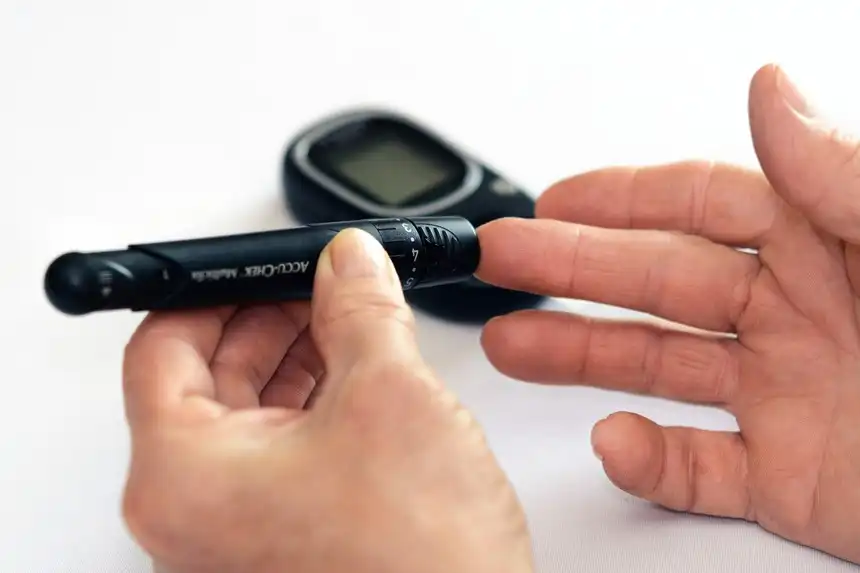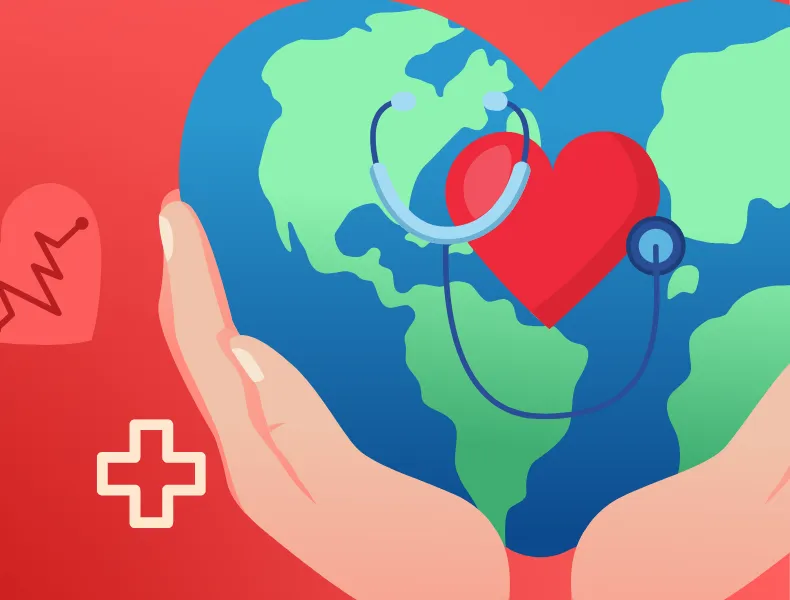November is National Diabetes Month. More than 30 million adults in the United States have diabetes; it is one of the leading causes of disability and death in the country. It occurs when an individual’s blood sugar level is too high. Blood sugar (or glucose) is obtained from the food we eat and the insulin hormone produced by the pancreas helps this sugar get into our cells to use for energy.
Unfortunately, some people are unable to create much or any of this insulin, or are just unable to use it well. This glucose just stays in our blood and does not reach our cells, which over time can cause various health problems such as kidney disease, nerve damage, stroke, skin damage, and heart disease.
What are the Different Types of Diabetes?
There are two main types of diabetes, type 1 and type 2. 5% to 10% of the 30 million adults suffer from type 1 diabetes. The exact cause of type 1 diabetes is unknown, but scientists think it is caused by genetics and environmental factors. The condition develops when the immune system attacks and destroys the insulin-producing beta cells of the pancreas. These individuals produce very little or no insulin on their own so they need daily insulin injections to stay alive.
The other 90% to 95% have type 2 diabetes, where they do not make or use insulin well. Another 84 million people are at risk of developing this type, but the good news is that these individuals can actually lower their risk by making healthy changes to their lifestyle.
Here are some ideas to help avoid or maintain this disease.
Self Monitor
Those with diabetes should monitor their glycated hemoglobin and blood glucose levels on a regular basis. Measuring glycated hemoglobin needs to be conducted in a doctor’s office, but measuring blood sugar levels can and should be done at home on a regular basis. By self-monitoring a person can keep track of the effects of dietary changes, exercise and medication are having on their blood glucose levels.
Eat Healthy and Nutritious Foods
To eat a more balanced diet you must make sure that you’re getting the right amount of everything you need on a daily basis. Many use the diabetes plate method that helps people control their calorie and carbohydrate intake, by dividing the plate into three sections.
Half of the plate should contain nonstarchy vegetables such as asparagus and spinach, one quarter should contain protein and the other quarter should include starchy and grain-based foods.
Exercise Regularly
Besides weight loss and reduced cardiovascular risk factors, research shows that exercise can help control blood sugar levels. In addition, if a person exercises every day, or at least has no more than two days between workouts, they may actually reduce their insulin resistance.
Lose and Maintain a Healthy Weight
Of course, combining these nutritional changes with a healthy exercise regimen can be a great way to lose and maintain a healthy weight.
For some, weight loss does not come easy, so your doctor may prescribe a medication to help such as Alli or Phentermine.
Stop Smoking
Obviously, quitting any habit can be hard. Smoking is highly addictive and that makes it even harder to quit once you’ve started. But there are options. From therapy to prescriptions medications such as Chantix or Wellbutrin, there is plenty of help out there.
Take Medication as Prescribed
For some people, the use of medications, such as Metformin is crucial to reaching blood sugar levels. Insulin Lispro, the generic for Humalog was recently added to the market and offers substantial savings compared to the brand medications; ask your doctor if this is an option for you.
In general though, most of these medications are very expensive, but a prescription discount offer from rxless may be able to save you money.

















